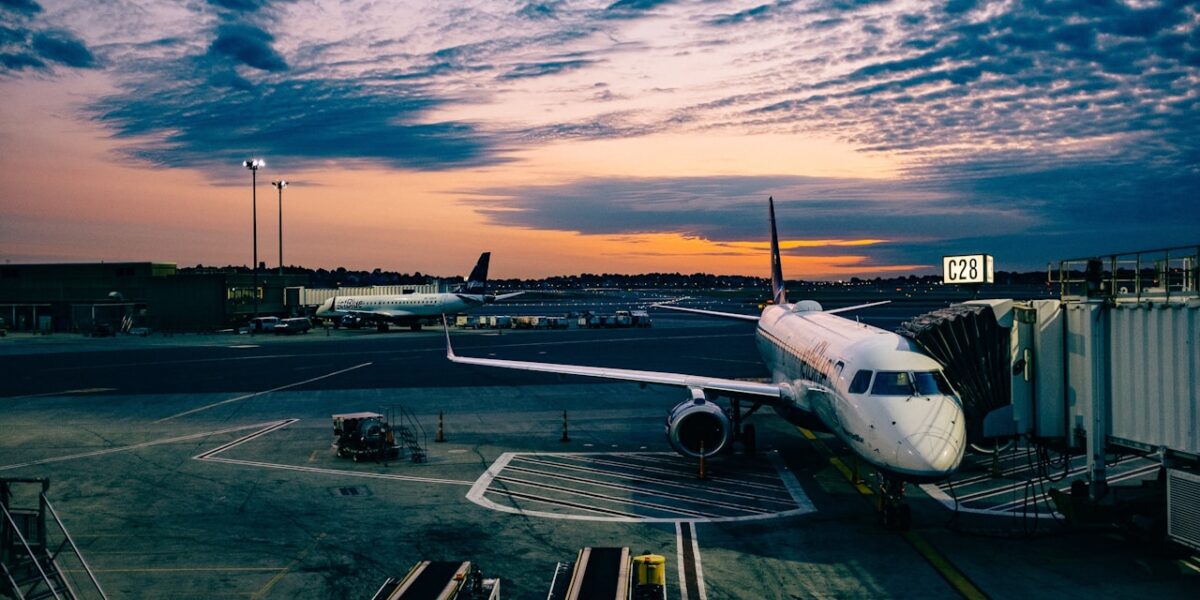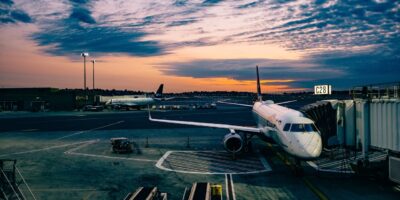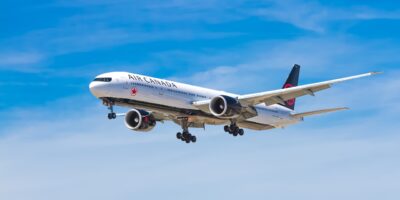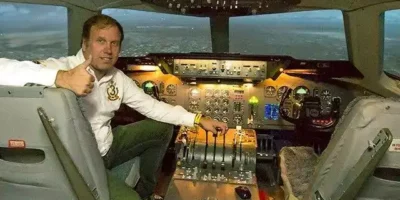Aviation Newsletter
Aviation Newsletter
Understanding the latest advancements in aviation can seem overwhelming. Each year brings new technologies, regulations, and achievements. This newsletter aims to keep you informed on recent developments within the aviation industry.

Technological Innovations
Electric propulsion systems are gaining momentum. These systems promise to reduce emissions and operating costs. Companies like Eviation are at the forefront, with their all-electric Alice aircraft poised for its first commercial flight.
Beyond electric, hybrid-electric technology is also making strides. Aircraft like the Rolls-Royce hybrid concept are being designed to enhance efficiency while significantly cutting fuel use.
Autonomous flight systems are another area of rapid development. Such technology aims to improve both safety and efficiency. Companies such as NASA are heavily invested in this research, pushing the boundaries of what’s possible.
Regulatory Changes
2023 saw the implementation of new regulations worldwide to improve safety. The European Union Aviation Safety Agency (EASA) has introduced stricter guidelines on crew rest, leading to better overall safety and performance.
The Federal Aviation Administration (FAA) in the United States has updated its stance on drone usage. These rules aim to integrate drones safely into the national airspace system. New regulations allow for expanded commercial use while ensuring safety and privacy.
Internationally, the International Civil Aviation Organization (ICAO) has set new environmental standards. These aim to reduce aviation’s carbon footprint by encouraging the use of sustainable aviation fuels and improved aircraft design.
New Aircraft and Designs
Boeing’s latest release, the 777X, offers advanced aerodynamics and the latest in avionics technology. It has longer range capabilities and more passenger capacity than previous models.
Airbus continues to innovate with the A321XLR. This model stands out for its efficiency and extended range. It is designed to perform longer flights while maintaining fuel efficiency.
Smaller aircraft are also seeing significant changes. The Cirrus Vision Jet is attracting attention with its compact design and modern avionics. It brings luxury and efficiency to the personal jet market.
Airline Industry Trends
Several airlines are focusing on sustainability. Airlines like Virgin Atlantic are investing in sustainable aviation fuels to reduce emissions. These efforts align with global initiatives to combat climate change.
Passenger experience is becoming increasingly important. Airlines are upgrading their fleets with more comfortable seating and better in-flight entertainment systems. Innovations in onboard Wi-Fi are changing how passengers spend time during flights.
Airlines are also leveraging data analytics to improve operations. Predictive maintenance, for example, helps to reduce downtime and enhance efficiency. This leads to cost savings and better service reliability.
Airport Advances
Airports are implementing advanced technologies to streamline operations. Automated check-in kiosks and biometric boarding systems are becoming standard. These technologies speed up the boarding process and improve security.
Sustainability is a focus for many airports. Initiatives like solar panel installations and eco-friendly building designs are becoming common. Airports are targeting carbon neutrality within the next decade.
Customer experience at airports is also evolving. Enhanced amenities, such as on-site spas and better dining options, are becoming prevalent. These improvements aim to make transit more enjoyable for travelers.
Education and Training
Pilots and crew members undergo rigorous training. Advances in flight simulators offer more realistic training scenarios. These enhancements improve skill levels and preparedness for various situations.
Maintenance personnel are also receiving advanced training. New educational programs focus on the latest technologies used in aircraft. These programs ensure that mechanics can effectively service modern fleets.
Air traffic controllers are crucial to safe aviation. They are now using more sophisticated tools and systems. These advancements help manage the increasing volume of air traffic more efficiently.
Future Outlook
The aviation industry continues to evolve rapidly. New technologies promise to make air travel more efficient, safe, and environmentally friendly. Regulatory bodies will keep refining their guidelines to keep up with these advancements.
Airlines and airports will continue to invest in passenger experience improvements. This will ensure a more pleasant and streamlined journey for all travelers. Continued focus on sustainability will drive innovations in both aircraft design and operational practices.
The future of aviation looks promising with continuous improvements and advancements. Keeping informed about these developments is essential for anyone involved or interested in the industry.
Related Articles
Continue exploring:
- Advanced Aircraft Radomes: Enhancing Flight with Innovation
- Trent XWB: Revolutionary Power for Modern Aviation
- Republic Airways First Officer Salary: A Positive Career Step



